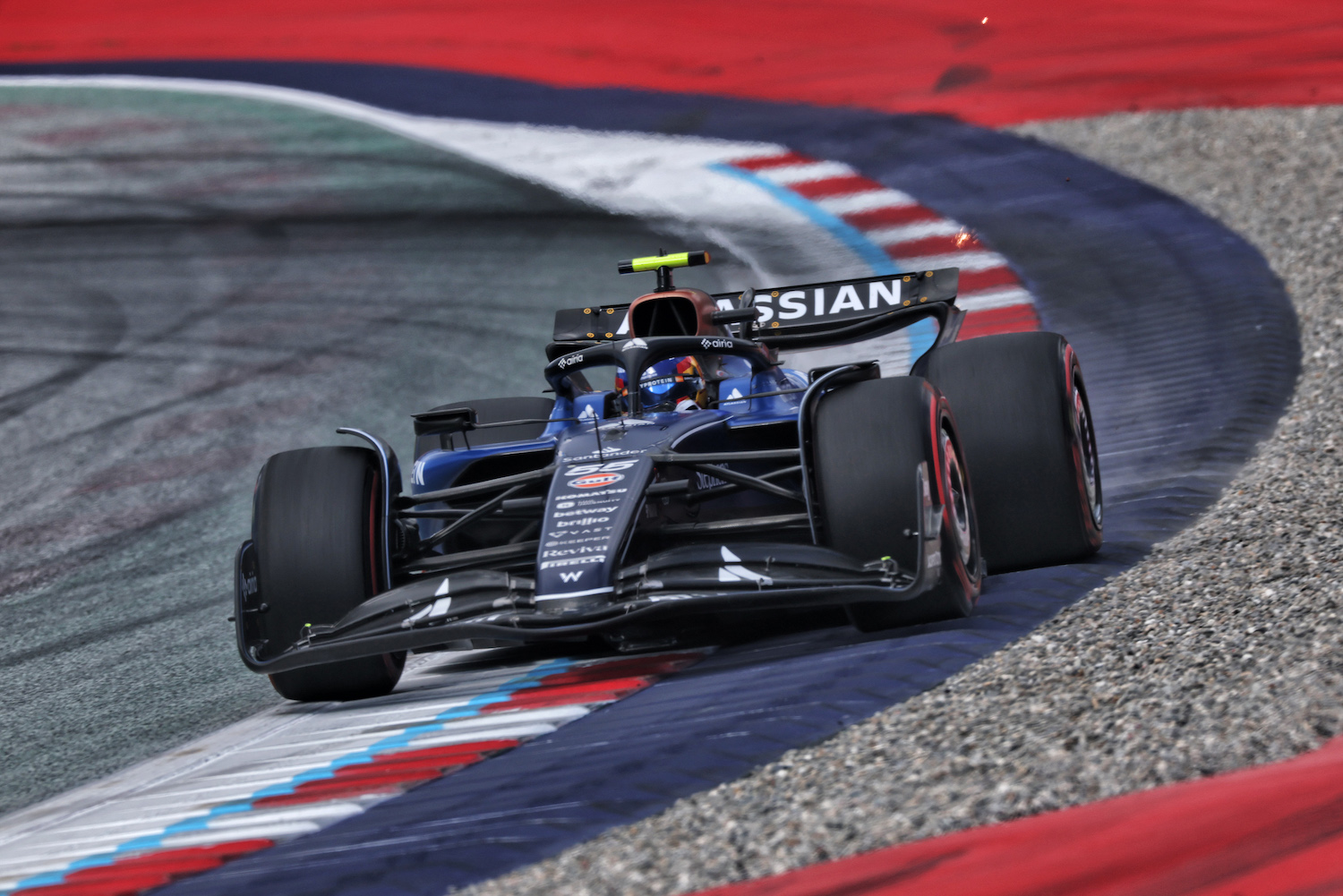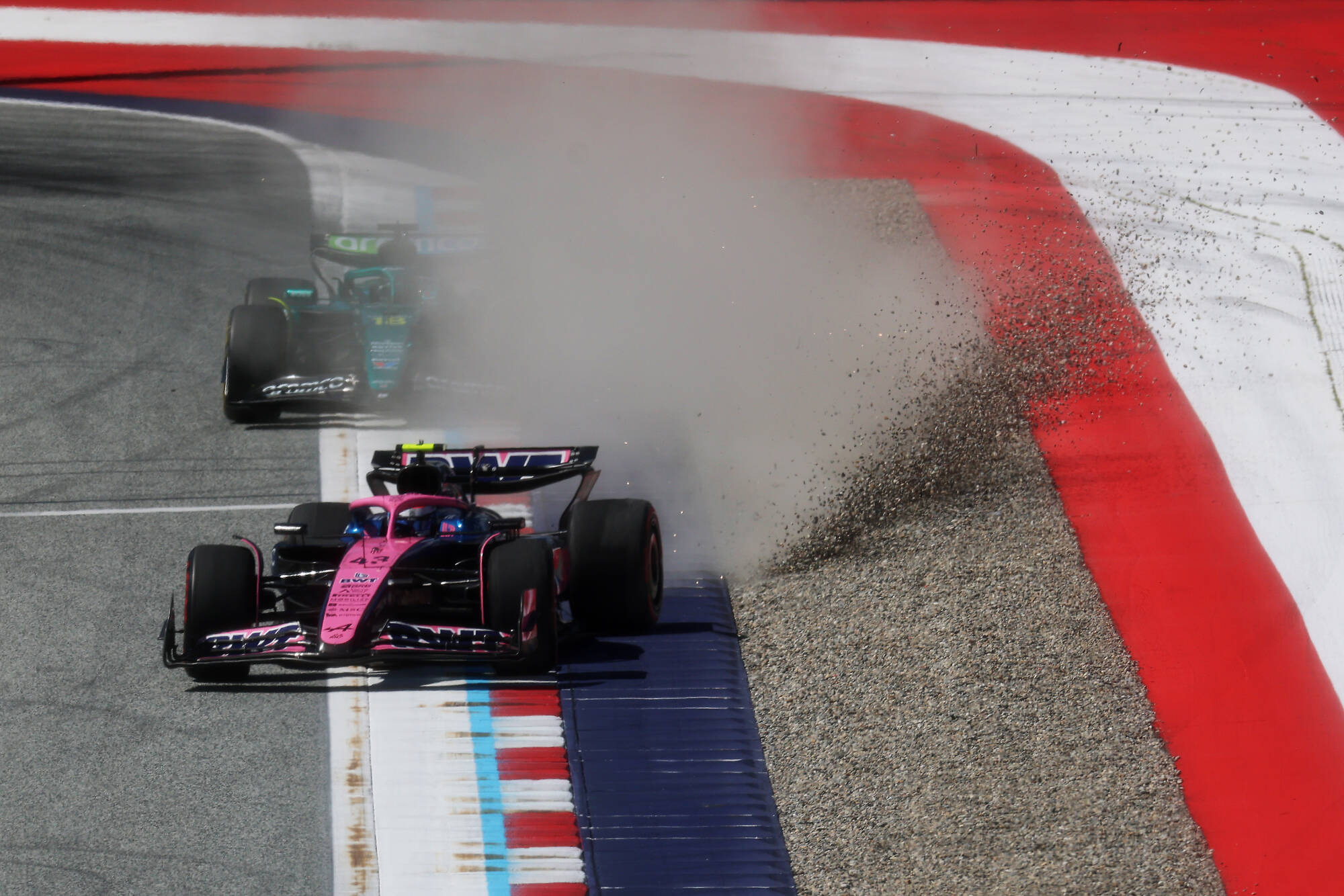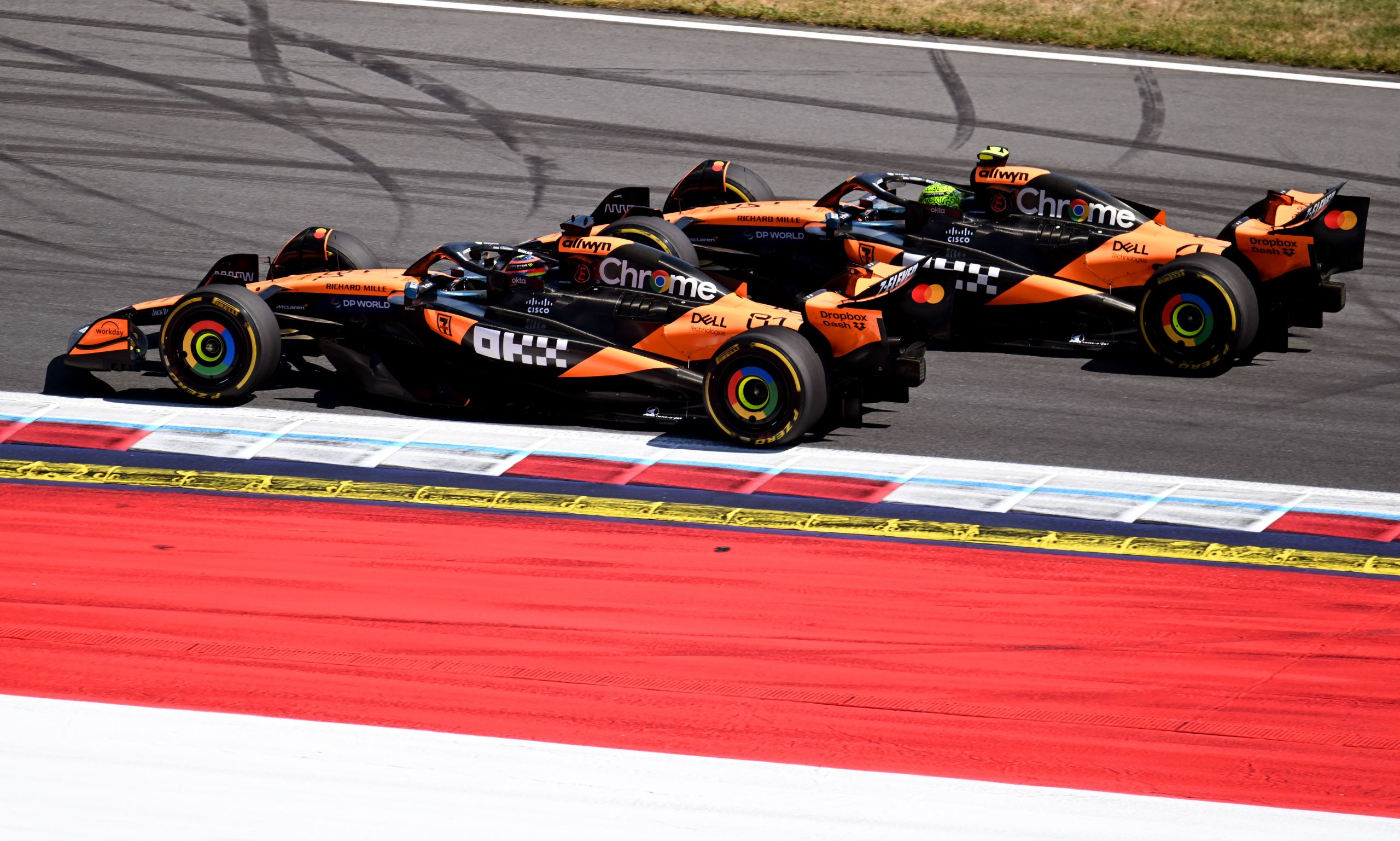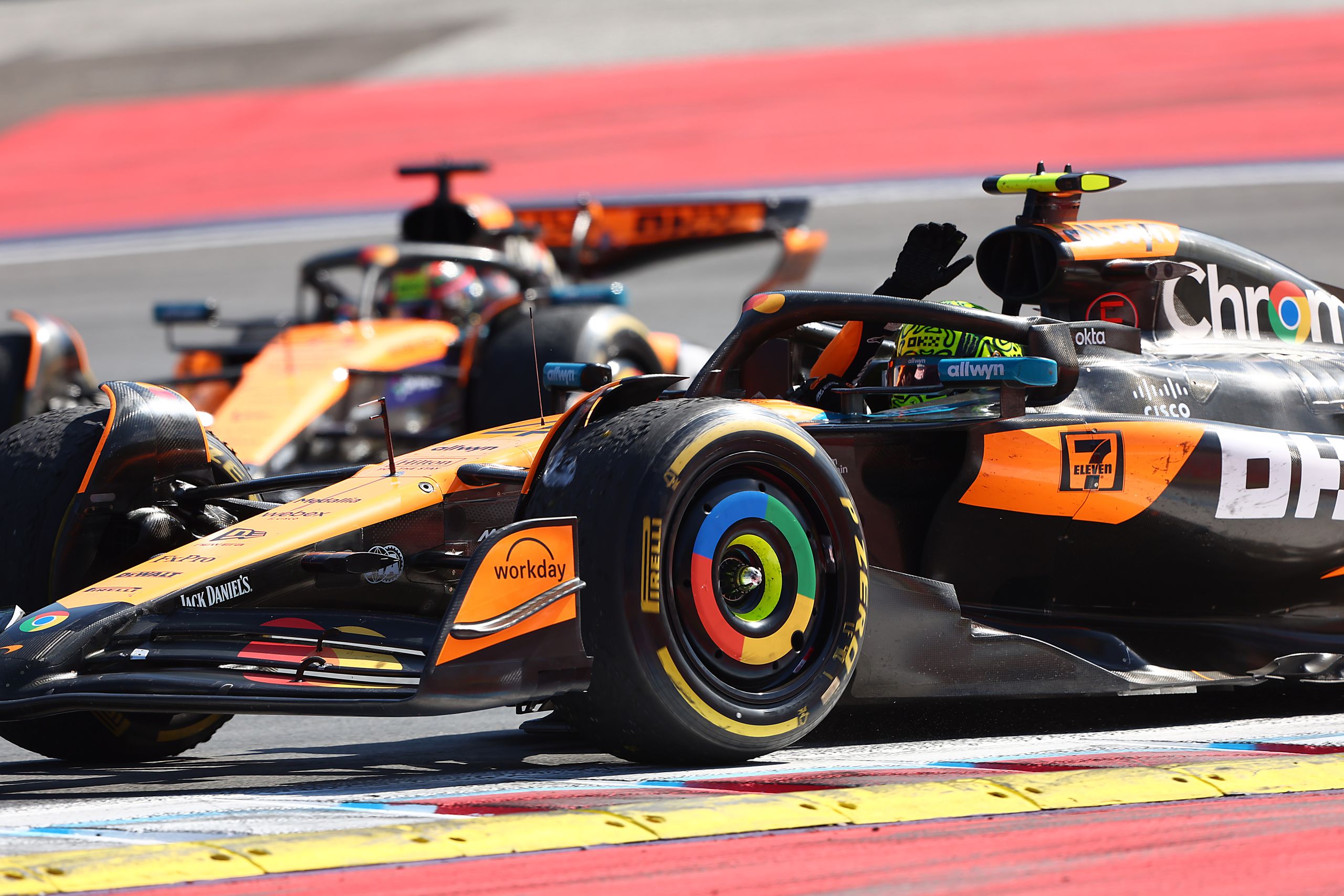2024 Brazilian Grand Prix: Fast Facts
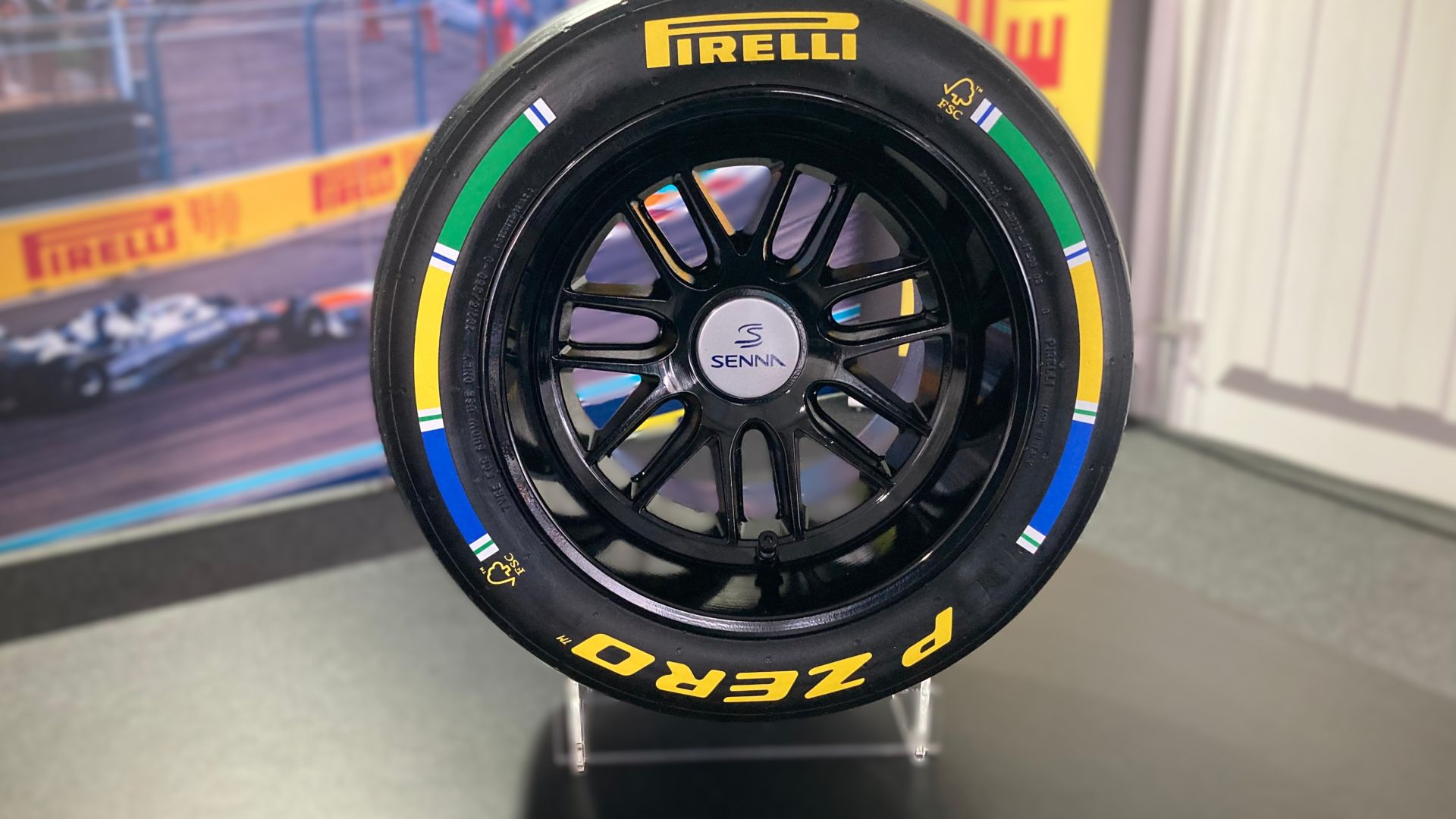
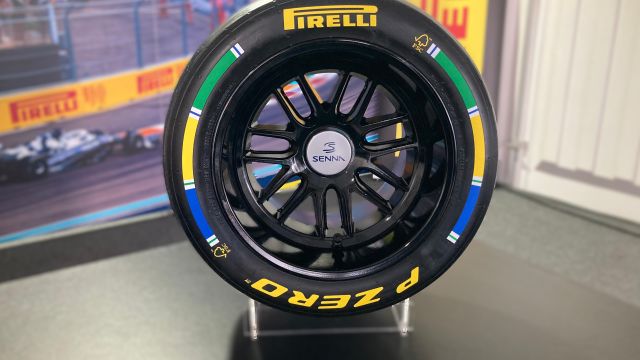
The Sao Paulo Grand Prix brings the curtain down on Formula 1’s long trip in the Americas, with the races at Austin, Mexico City and now Interlagos all taking place at one week intervals.
There is a common thread, a very dark one in this case, that links all three of the aforementioned tracks, namely new asphalt. However, while in Austin and Mexico City only sections of the tracks had been resurfaced, in Sao Paulo all 4.309 kilometres has been renewed, including the pit lane. The work was only recently completed and the asphalt was then thoroughly cleaned, using a high pressure water washing system that removes the sheen that usually appears on brand new bitumen and this has also increased the abrasiveness of the surface.
Therefore, the track surface will be a completely unknown factor for drivers and teams this weekend. Complicating the puzzle still further is the fact Pirelli has chosen to bring a softer trio of compounds to Brazil than last year: the C3 will be the Hard, with C4 as Medium and C5 as soft. On top of that it’s a Sprint weekend, so that there is only free practice session for teams to find the best set-up, even if, as was seen in Austin, the “short” race in fact proved to be very useful to fine tune the balance of the car for the actual Grand Prix.
At Interlagos, the lateral and longitudinal forces exerted on the tyres around the 15 corners of this anticlockwise track are medium to low in intensity and well distributed across both axles. Furthermore, the new track surface could see a lowering of lap times and, as a consequence, an increase of the stress to which the tyres are subjected.
The Brazilian weekend usually provides spectacular action. The circuit named in honour of José Carlos Pace presents several overtaking opportunities, but other random factors, such as a high chance of a Safety Car and extremely changeable weather, make the outcome of the Grand Prix uncertain and hard to predict. Usually, the fastest strategy is a two-stop, favouring the use of the softer compounds. Last year, all bar one of the drivers chose to start on the Softs, but a red flag after the start allowed for a switch to Mediums before ending the race on another set of Softs. This year, the fact the compounds are a step softer could open up a wider range of possible strategies, making the race even more exciting.
The Interlagos circuit has hosted 40 Grands Prix, but only the last three have been named after the Paulista city. The previous 37 went by the name of the Brazilian Grand Prix, a race which was also held ten times at Rio de Janeiro’s Jacarepaguà circuit.
The most successful driver in Brazil is Alain Prost with six wins to his name, although only one of those was in Sao Paulo, a track where Michael Schumacher holds the record with four victories. Ayrton Senna tops the list for pole positions with six in his home country, equally divided between the two tracks. At Interlagos, four other drivers have matched Senna’s total: his fellow countrymen Felipe Massa and Rubens Barrichello, Mika Hakkinen and Lewis Hamilton. Of the teams, McLaren is the most successful with 11 wins, although Ferrari has the most wins at Interlagos with nine. The English team tops the list for pole positions in this event with 11 as well as when it comes to those at this weekend’s venue, with nine.
This year marks the 30th anniversary of the tragic death of Ayrton Senna and, as was the case at Imola back in May, events and tributes will be held at Interlagos. Pirelli will be involved, in conjunction with the Senna Institute, auctioning a special version of the Pole Position Award in the Brazilian national colours, also featuring the legendary Brazilian’s logo. Furthermore, as was the case at five previous races this year, there will be a special edition of the Pirelli Podium Cap, also in the colours of the national flag with the Senna logo, paying tribute to a driver who will forever be remembered not just by all Brazilians, but also by all those who love Formula 1.
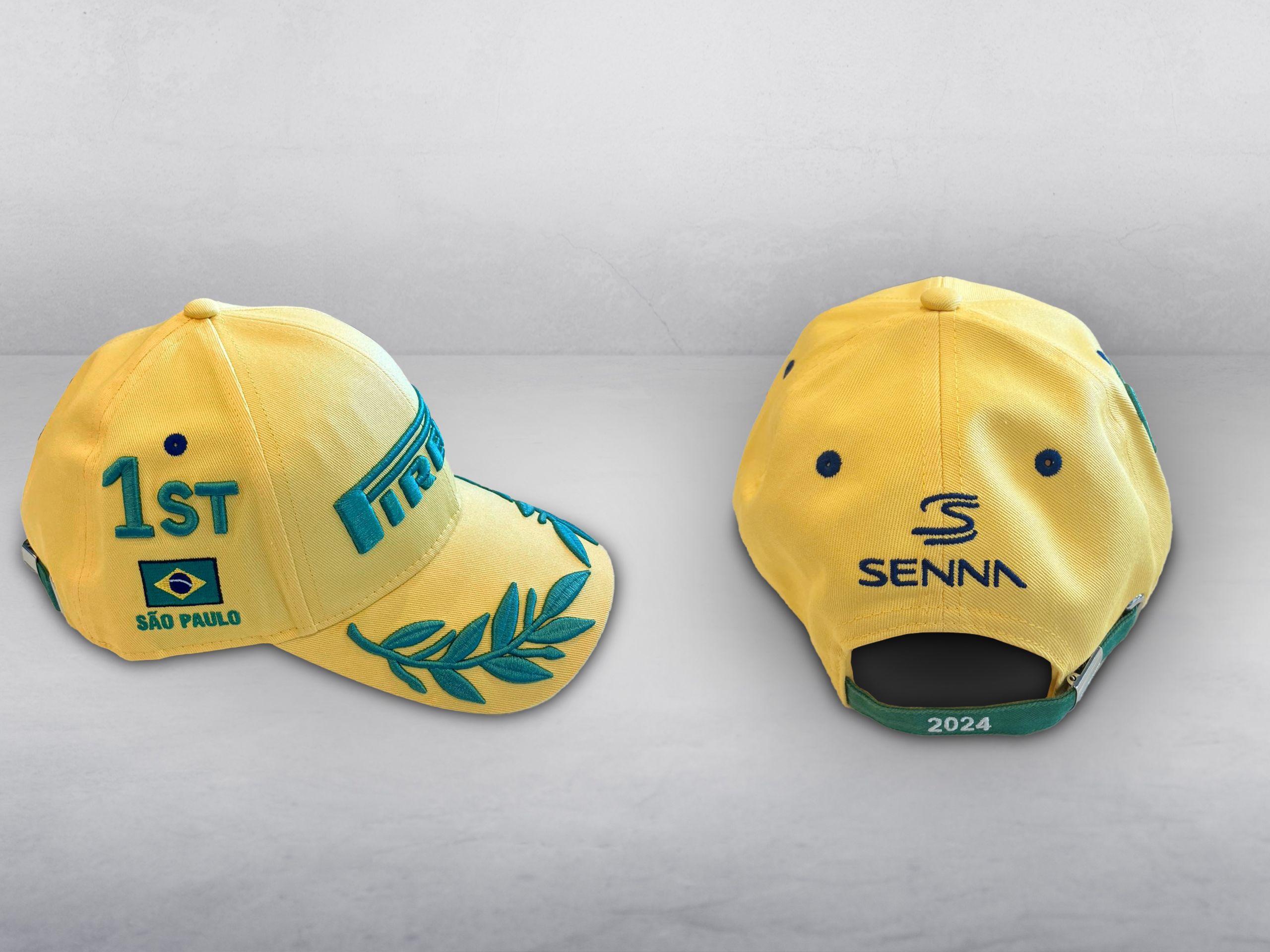
How to Watch the 2024 Brazilian Grand Prix
Formula 1 fans around the globe can catch all the action from the Brazilian Grand Prix through various broadcasters and streaming services.
In the United Kingdom, viewers can watch every session live on Sky Sports F1, with comprehensive coverage of the practice sessions, qualifying, and the race itself.
For fans in the United States, the Brazilian Grand Prix will be available through ESPN and its associated channels. ESPN offers extensive coverage of F1, including live broadcasts and replays. Cord-cutters can also stream the race live through various over-the-top (OTT) services that carry ESPN channels.
Viewers in Australia can tune in to watch the Grand Prix weekend unfold live on Fox Sports, which offers complete coverage of F1 races. For online streaming, fans can subscribe to Kayo Sports, a streaming platform that includes all Fox Sports content.
Additionally, F1 TV Pro offers live streaming of every track session to viewers in many countries worldwide.
Brazilian Grand Prix: Fast Facts
- The Autódromo José Carlos Pace is the fourth-shortest track on the 2024 F1 calendar at just 4.309 km long, only behind Monaco, Zandvoort and Mexico.
- The São Paulo Grand Prix venue is situated 800 metres above sea level, the second-highest altitude on the F1 calendar behind Mexico City (which sits at 2,300m above sea level).
- Interlagos is a track of two extremes. The first and third sectors require a low-drag car for the long straights, but the middle sector is twisty, requiring high downforce. The second DRS zone means more focus is typically on higher downforce for the ultimate fastest lap, but a balance still needs to be found with being competitive on the straights during the race.
- There is 1.2 kilometres of driving at full throttle between the exit of Turn 12 and the braking zone for Turn One, with an elevation change of 33 metres.
- The biggest difference in elevation is from the start/finish straight to Turn 4 where there is a 40-metre drop in elevation.
- The long straight before the lap begins also requires some clever deployment of energy from the ERS to maximise performance towards the end of the out lap, as the drivers start their flying lap.
- Turn 1 is banked heavily towards the inside, unloading the front-left wheel and causing frequent lockups. However, because the tyre is unloaded, flat spots are less likely and time loss isn’t as high as you’d expect, due to the steep banking and variety of corner lines drivers can take. The variety of lines is also what makes this corner well suited to overtaking.
- The uphill grid requires the drivers to find the balance between holding the car on the brakes as gently as possible, without rolling backwards.
- From Turn 10 to Turn 6 (around 3.5 km of distance) the left-hand front tyre does very little work and therefore cools down quickly, providing a tricky engineering challenge to keep the tyre in its temperature window.
- With long straights and a second DRS zone, Interlagos is one of the best tracks of the season for overtaking. However, it can be difficult for the defending car to manage its battery, as there aren’t many big braking zones to recover energy.
- The São Paulo Grand Prix is the fifth F1 Sprint of the 2024 season, with just Qatar left on the Sprint calendar this season.
- This will be the fourth consecutive year that the circuit has hosted a Sprint weekend.
- Interlagos is a very flowing circuit with a lot of combined corner entries (where you are cornering and braking at the same time), meaning good stability is important. However, you also need a good front end for the low-speed middle sector.
- Track temperatures can reach some of the hottest of the season in Brazil, up to 60°C. And thunderstorms are common around this time of year, which can potentially spice up the weekend.
- Since 2021, the race around the circuit has been known as the São Paulo Grand Prix.
- Valtteri Bottas won the inaugural F1 Sprint race at Interlagos in 2021. A year later, George Russell won his first F1 Sprint race at the venue.
- A day later in 2022, Russell won his first F1 Grand Prix, leading home a Mercedes 1-2 with Lewis Hamilton.
- Hamilton has three wins at the circuit (2016, 2018 & 2021) and in 2022 the seven-time world champion was made an honorary citizen of Brazil in an official ceremony.
- The Grand Prix last year in Brazil saw the Red Bull Racing team surpass Mercedes’ record of 1,055 laps led in a single season in which Max would go on to become the first driver to lead over 1,000 laps in a year.

